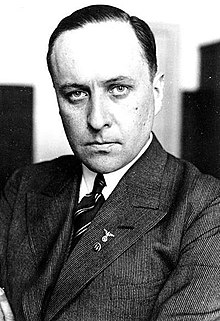Getting ready to start watching the series Ekaterina on Amazon Prime, about Catherine the Great. I'm going to be watching with my family, and it's going to be my job to explain as much as I can. I'm not some expert, but I know a few things. -Like I'll mention how Frederick the Great's lucky @$$ got saved from certain doom & destruction, thanks to the sudden death of the Tsarina... and her successor was a total fanboy.
But one thing I've been wondering about, is the apparent Pomeranian culture shift. So, of course everyone knows Catherine is this 'German' Princess, who came to rule Russia (by brutally betraying her husband, the Tsar). But I'm thinkin', in the back of my head... you know, you don't have to go back that far & Pomeranian was Slavic culture (and religion).
It was one of the last areas (which we now think of as 'German') to be added to the HRE. So I'm just wondering, how German was this 'German' princess, or is there a bit more to the story? I don't know Catherine's bloodline... maybe she was totally German. -But what about the Pomeranians, in general?
I have this notion that maybe the Russians accepted her, in part, because deep in the back of their minds Pomeranian was really just a hijacked culture of their own Slavic peoples. But, maybe I'm reaching for something that isn't there...
But one thing I've been wondering about, is the apparent Pomeranian culture shift. So, of course everyone knows Catherine is this 'German' Princess, who came to rule Russia (by brutally betraying her husband, the Tsar). But I'm thinkin', in the back of my head... you know, you don't have to go back that far & Pomeranian was Slavic culture (and religion).
It was one of the last areas (which we now think of as 'German') to be added to the HRE. So I'm just wondering, how German was this 'German' princess, or is there a bit more to the story? I don't know Catherine's bloodline... maybe she was totally German. -But what about the Pomeranians, in general?
I have this notion that maybe the Russians accepted her, in part, because deep in the back of their minds Pomeranian was really just a hijacked culture of their own Slavic peoples. But, maybe I'm reaching for something that isn't there...


